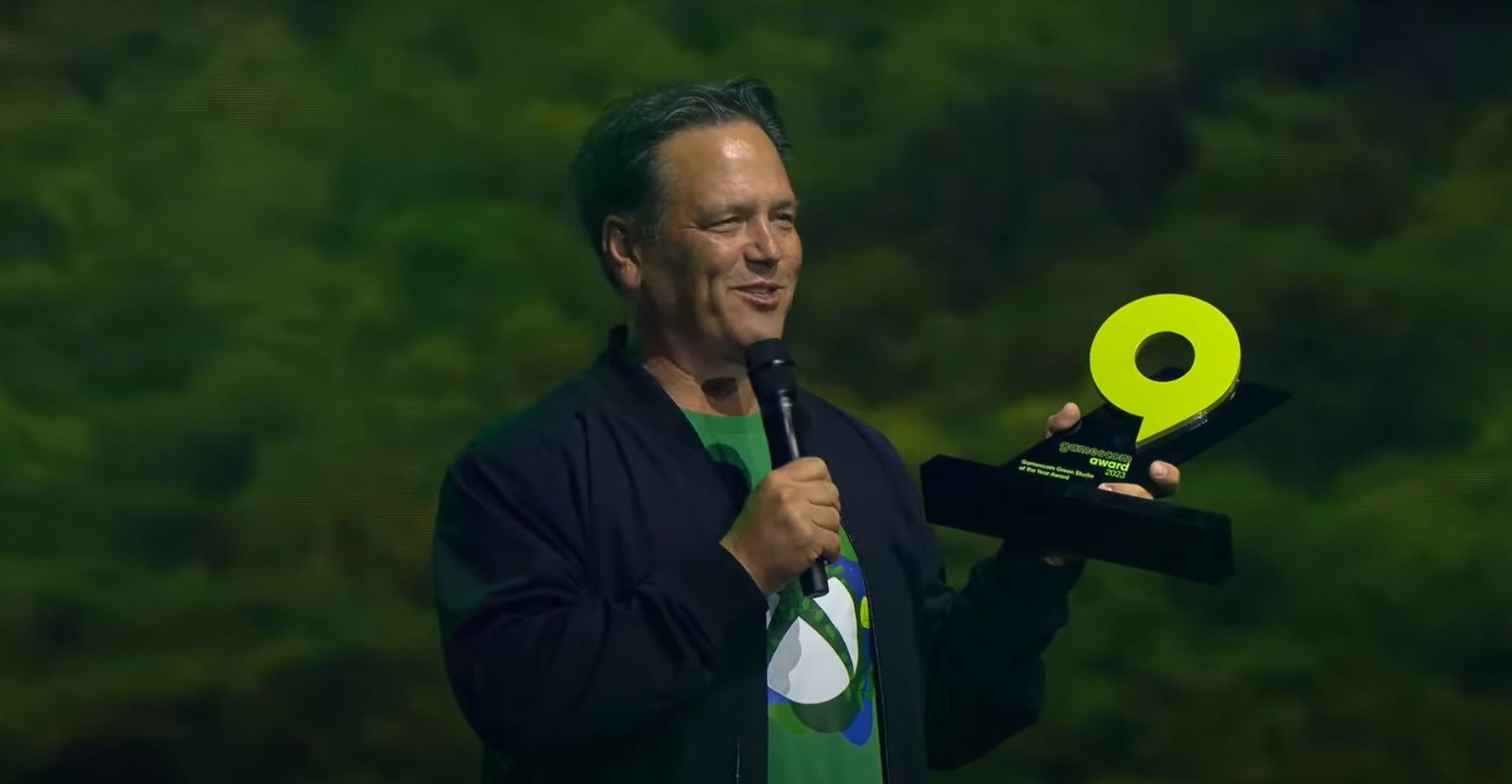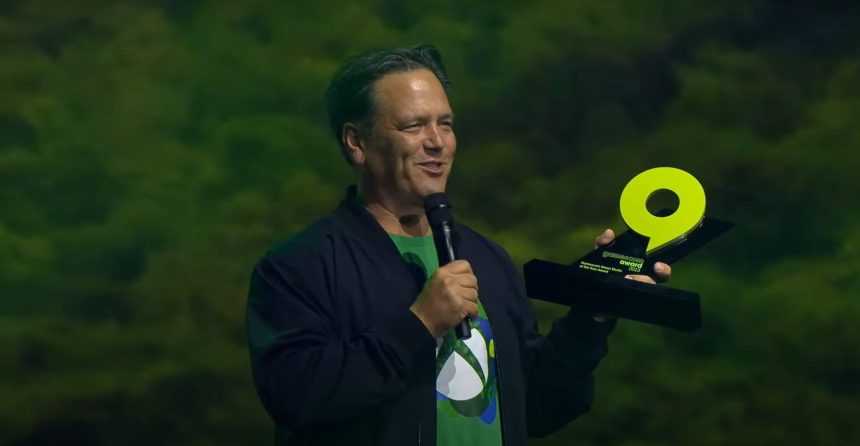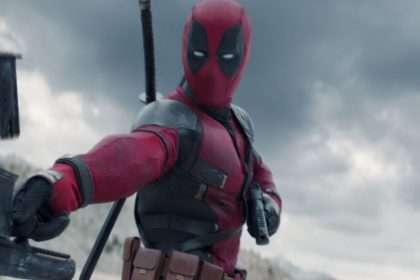Recent reports suggest that blockbuster games like Starfield and the upcoming Indiana Jones title may no longer remain exclusive to Xbox, hinting at a shift in Microsoft’s third-party publishing strategy.
This comes amidst speculation that smaller titles such as Hi-Fi Rush could potentially find their way to PlayStation and Nintendo Switch platforms. So, what’s driving Microsoft to broaden its horizons in the gaming landscape? And does this signify an end to the age-old console wars?
Let’s delve into the intricate factors influencing this move. Beyond immediate concerns like hardware sales and a plateauing growth in subscription services, recent developments such as Microsoft’s mammoth acquisition of Activision Blizzard have undoubtedly played a pivotal role.

The urgency to capitalize on this substantial investment is palpable, a sentiment underscored by the regrettable decision to downsize by laying off 1900 employees from both Xbox and Activision.
Furthermore, leaks from sources purportedly within Xbox, suggesting resistance to the idea of bringing titles like Gears of War to PlayStation, have added fuel to the fire. These internal conflicts shed light on the complexities involved in navigating the competitive gaming industry.
In essence, Microsoft’s shift towards a more inclusive publishing approach signals a nuanced response to the evolving gaming landscape. Whether this move will usher in a new era of cooperation or intensify the competition remains to be seen. However, one thing is clear: the dynamics of the gaming industry are constantly evolving, and adaptability is key to staying relevant in this ever-changing landscape.







